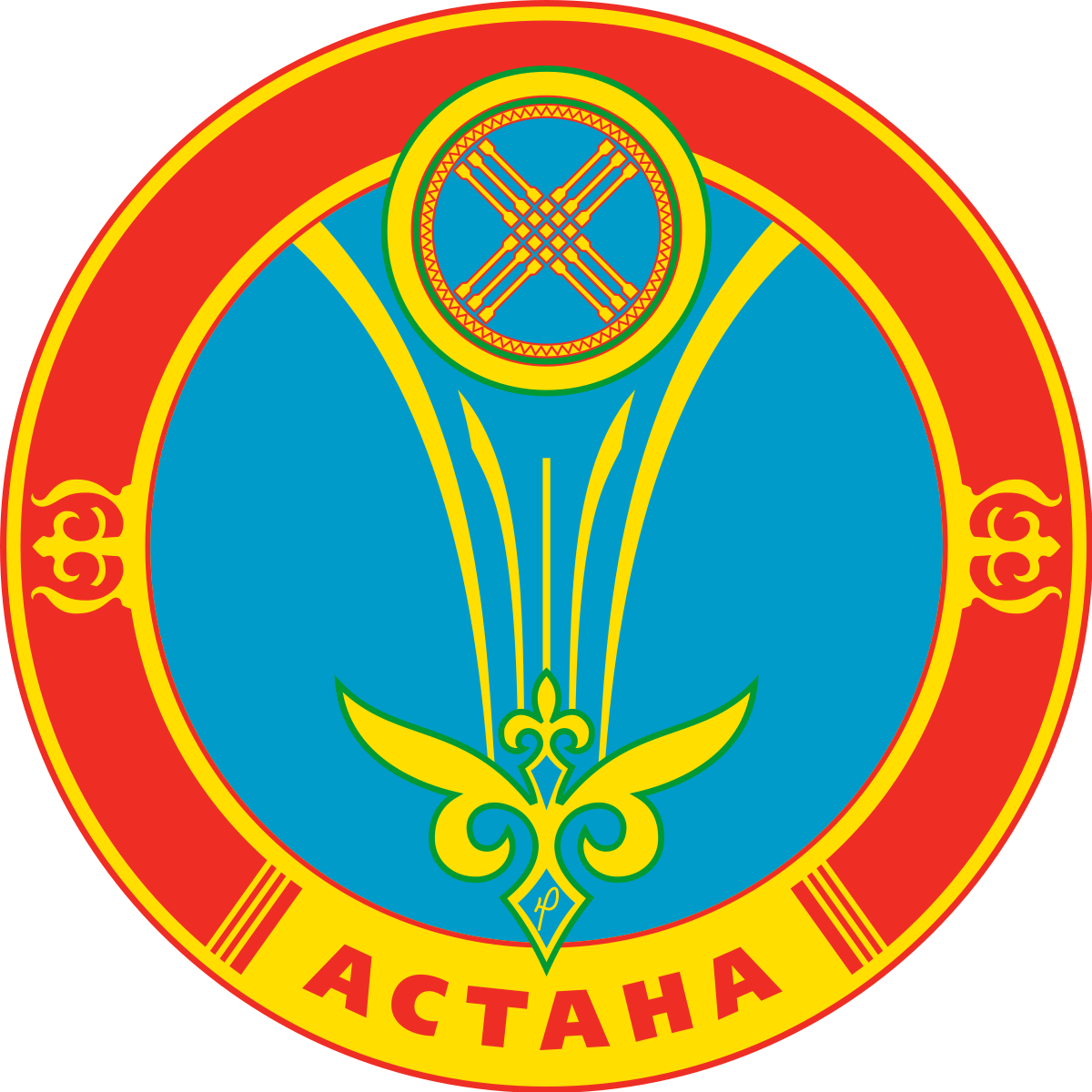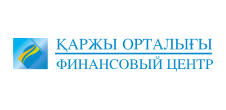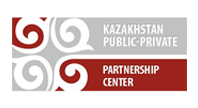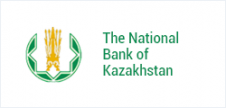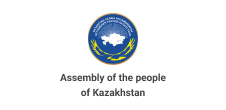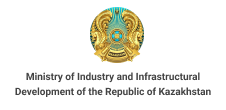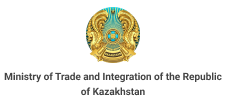Micro Business, Investments, Price Regulation: How Trade Develops in Astana
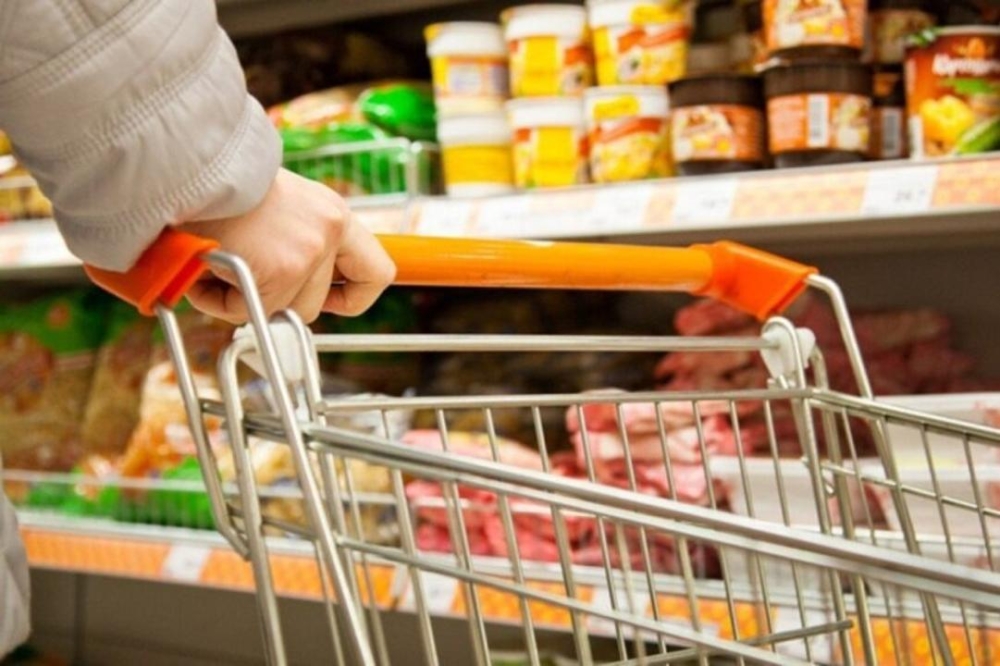
Trade occupies a significant share in the city's economy. According to the results of the past year, the volume of trade increased by 9.5% and amounted to 9.6 trillion tenge. Maksat Zhanabayev, Deputy Head of the Investment and Entrepreneurship Development Department of Astana informed about the measures being taken for its sustainable development during a briefing at the RSC, as reported by the official website of the city akimat.
Thus, the capital actively utilizes the mechanism of street trading in a modern architectural format to foster micro-business development. The program operator is JSC SPK Astana.
Within the framework of this program, about one thousand jobs have been created, and over one billion tenge of investments have been attracted.
Additionally, as part of the development of trade infrastructure, 10 projects are being implemented for over 180 billion tenge, including shopping malls, warehouse complexes, and vegetable storehouses.
"In compliance with the President's instruction on market demonopolization, the construction of 2 modern markets with a total investment of 10 billion tenge of private investments is underway, located in the Saryarka district. The commissioning is planned for 2025," Maksat Zhanabayev reported.
Currently, to curb the rise in prices of socially significant food products, 13 billion tenge has been allocated from the budget.
Contracts have been signed for 25 thousand tons of products of all 19 types of socially significant food products (SSFP), with the majority being vegetables, which are most susceptible to price increases.
"Under the existing contracts, there are 9 thousand tons of last year's vegetable stocks. Additionally, there are plans to sign a contract for the supply of early harvest vegetables for the months of May to July, totaling approximately 1,350 tons. Moreover, measures are being taken in advance to sign a forward contract for this year's autumn harvest, which will help restrain prices during the offseason next year," the speaker informed.
However, the cost of goods is influenced by various factors, including intermediary schemes, which negatively affect the final price.
To prevent such occurrences, the Regional Commission for Identifying Intermediary Schemes works continuously in the capital.
Since the beginning of the year, 21 sessions have been held, and 30 cases of exceeding the trading margin have been identified.
Moreover, in collaboration with the Department of Trade and Consumer Rights Protection, explanatory work is conducted in the city's trading facilities regarding compliance with the 15% trading margin.
Thanks to the measures taken, it is possible to restrain the rise in prices of socially significant food products.
Compared to the same period in 2023, the price index for socially significant food products has decreased by 4.5%.
Source: Akimat of the city of Astana
